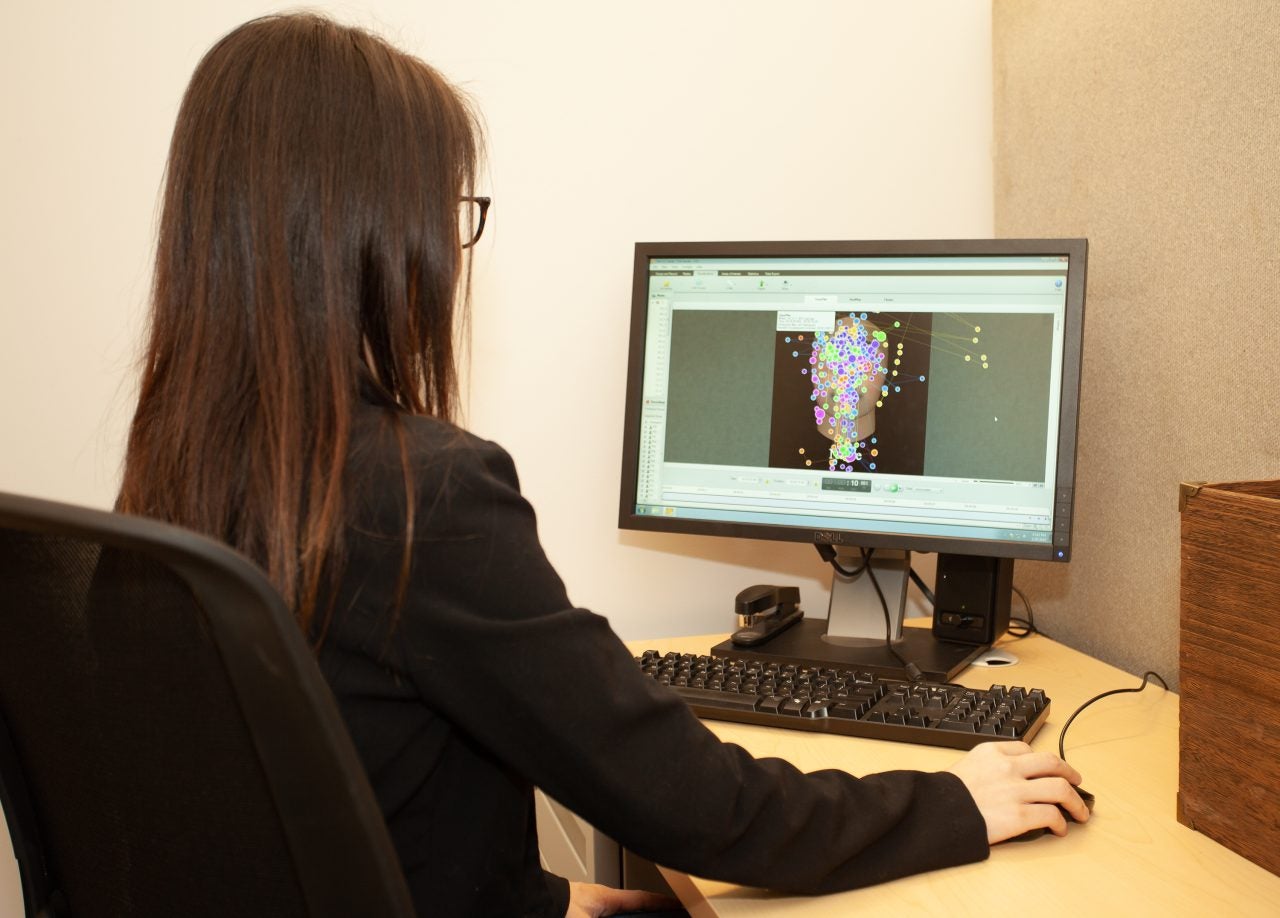Enhanced Virtual Education, RESearch, and Training
(EVEREST) Pilot Award
The primary goal of the EVEREST funding mechanism for innovative curriculum development is to identify and develop novel virtual/remote education methods, laboratory and research pedagogy, and hybrid training that lessens the need for in-person interactions with students.
BACKGROUND: The COVID-19 Pandemic has dramatically impacted how we deliver experiential/hands-on education and biomedical and health sciences training. This is a significant challenge for professors, instructors, and students who struggle to cope with new realities. In the current pandemic environment, in-person interactions with students are not always advised or possible, but student training must continue.
EVEREST Awards
- Integrating LC-MS/MS based molecular networking and analysis of medicinal plants - Investigator: Matt Bertin, University of Rhode Island Scientific Theme: Environmental Health Sciences Abstract: In the last decades, liquid chromatography-mass spectrometry (LC-MS) has become the primary analytical technique in the pharmaceutical industry. The incorporation of mass spectrometry in the teaching laboratory is highly relevant to pharmaceutical scientists training in areas such as structure characterization, composition analysis, metabolomics,… Continue Reading
- A computational approach to the study of malate dehydrogenase - Co-Investigator: Kathleen Cornely, Providence College Co-Investigator: Tyler Stack, Providence College Scientific Theme: Cancer Abstract: There are several benefits to replacing traditional labs with Course-based Undergraduate Research Experiences (CUREs). Providing research experience to all students improves motivation, engagement with their classmates and professors, and persistence in STEM. Like any CURE, our current CHM 310 class aims… Continue Reading
- Development of an Online Platform for Dyadic Interaction Research - Investigator: Thomas Malloy, Rhode Island College Scientific Theme: Neuroscience Abstract: The Social Relations Laboratory at Rhode Island College (www.thomasemalloy.org) is focused on intergroup and interpersonal behavior. Using a face to face interaction paradigm, the laboratory has studied interpersonal attraction (Malloy, 2018a), perceptions of interpersonal similarity (Malloy, 2019), the accuracy of interpersonal perceptions (Malloy, 2020) and… Continue Reading
- A Simulated Cell Culture Laboratory for Student Training on Aseptic Techniques - Investigator: Jyothi Menon, University of Rhode Island Scientific Theme: Environmental Health Sciences Abstract: Early biomedical research experiences are critical for generating enthusiasm, especially among students from underrepresented backgrounds, to consider a STEM career. However, opportunities for student training on essential lab skills like aseptic cell culture techniques in traditional in-person settings are limited due to… Continue Reading
- An Interactive Online Organic Chemistry Textbook With Biomedical Applications - Investigator: Seann Mulcahy, Providence College Scientific Theme: Environmental Health Sciences Abstract: The COVID-19 pandemic has caused a tremendous upheaval in the conventional teaching modalities in higher education. Over the past year, in-person content delivery, hands-on experiments, and face-to-face lectures and office hours have given way to dedensification and social distancing. This was particular difficult for… Continue Reading
- Translating Research into Public Health Policy - Investigator: Todd Olszewski, Providence College Scientific Theme: Environmental Health Sciences Abstract: This project entails developing a new virtual simulation module for the capstone internship course for Providence College’s Health Policy and Management department. Based on Barnard College’s Reacting to the Past model of historical case studies, the month-long module will expose HPM majors to critical… Continue Reading
- 2D Game-Based Nanotechnology Lab as an Enhanced Education/Training Pedagogy - Investigator: Jie Shen, University of Rhode Island Scientific Theme: Environmental Health Sciences Abstract: The COVID-19 pandemic has significantly impacted education and training programs, and hindered research advancements in the fields of biomedical and health sciences globally. During the pandemic, remote synchronous, asynchronous, or hybrid learning modules have been quickly developed and/or adapted to deliver existing… Continue Reading

